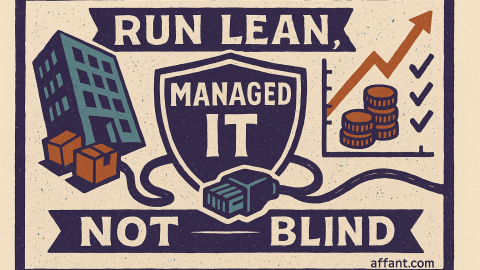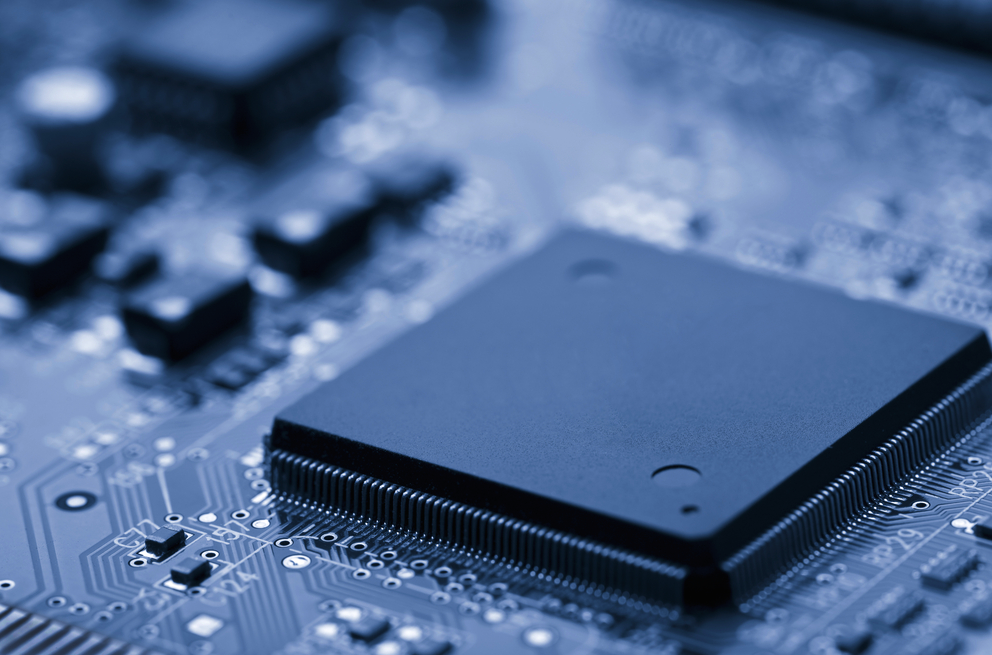1. What’s actually happening?
On April 2 the White House rolled out the “Liberation Day” tariff package: a blanket 10 % duty on all imports plus a second layer of country-specific “reciprocal” tariffs that climb to 11–50 % (China sits at a combined 145 %). Four days later the higher, country-specific rates started ticking for most products; a 90-day grace period pushed the start for many electronics to July 8 2025.
A separate Section 301 review already doubled semiconductor duties to 50 % on January 1—and the USTR signaled that more electronic sub-assemblies could be folded into that list over the next year.
Meanwhile U.S. Customs carved out a temporary exemption for smartphones, laptops and a handful of other 8471 codes, but officials admit those products are merely “moving to a different tariff bucket” pending a new national-security probe.
Bottom line: barring a last-minute diplomatic pivot, most IT gear that isn’t already on a U.S. shore when the grace period ends will reflect a double-digit cost bump, with semiconductors bearing the steepest hike.
2. Why IT hardware prices move faster than the tariff schedule
- Channel depletion – Distributors are burning through pre-duty inventory now; the moment those pallets clear, every new PO lands at the post-tariff price—even if the official start date is weeks away.
- Allocation risk – When supply tightens, vendors funnel scarce stock to Fortune-100 buyers first, leaving SMBs to pay premiums or wait.
- Cost echo – Up-stream parts (memory, power ICs, PCBs) absorb tariffs even if the finished good temporary gets an exemption; OEMs re-cost built systems within one to two quarters.
3. What the hike means in real dollars
A refresh we priced last month for a 120-seat professional-services firm:
| Component stack | April 2025 price | Expected tariff + logistics premium | Post-tariff cost (est.) |
|---|---|---|---|
| 120 business-class laptops | $138,000 | 12 % | $154,560 |
| Two 48-port PoE+ switches | $9,800 | 15 % | $11,270 |
| 20 TB backup appliance | $14,600 | 25 % (semiconductor-heavy) | $18,250 |
| Total | $162,400 | $184,080 (+$21,680) |
Even if you slice those numbers in half, the delta can wipe out a year of Help-Desk budget.
4. Tactics to protect your 2025 IT budget
Forecast—and over-forecast. Pull every project you can realistically deploy within the next nine months onto a single list. If it might fail in Q4, assume you’ll need it.
Pre-buy, stage, deploy later. Manufacturers honor the tariff status on the PO date, not the ship date. Affant can warehouse gear in our secure facility (temperature- and humidity-controlled) until your rack space, licensing, or head-count growth catches up.
Leverage 0 % hardware financing. We’re bundling 12-month, no-interest terms on orders placed before July 5—so your cash flow mirrors the timeline you originally planned, without gifting the tariff premium to Uncle Sam.
Consider near-shore options, but do the math. Some vendors are moving final assembly to Mexico or Canada to preserve USMCA duty-free status. It helps—but only when the bill-of-materials isn’t already hammered by the 50 % semiconductor levy.
5. Advanced plays for the CFO crowd
- Section 179 & bonus depreciation. Accelerating capital spend before mid-year lets you expense up to $1.22 M in 2025—even as you beat the tariff.
- Hardware-as-a-Service (HaaS). Shift cap-ex to op-ex and let the provider eat the hardware risk; contracts signed pre-tariff typically keep the original rate through term.
- Refurb + warranty stack. Enterprise-grade refurbs dodge import duties (already domestic) and come with a fresh 3-year NBD warranty when sourced through OEM-authorized channels.
6. A real-world save
Last week a logistics client needed 30 rugged handhelds and three core switches. We locked pricing, cleared customs Thursday night, and the next morning the handheld HTS code moved from 10 % to 24 %. Savings: $9,060 in avoided tariffs—money they redirected to doubling their backup WAN circuit for the year.
7. Your next move
- Email jlinn@affant.com with a rough head-count and any refresh projects on your whiteboard.
- We’ll return a line-item quote showing today’s cost versus the post-July scenario—usually within one business day.
- Approve the PO, and your pricing is locked. We hold the gear or ship immediately—your call.
Clock’s ticking. July 8 is 76 days away, and distributor lead-times are already stretching. Let’s keep your 2025 roadmap funded by innovation, not import taxes.











